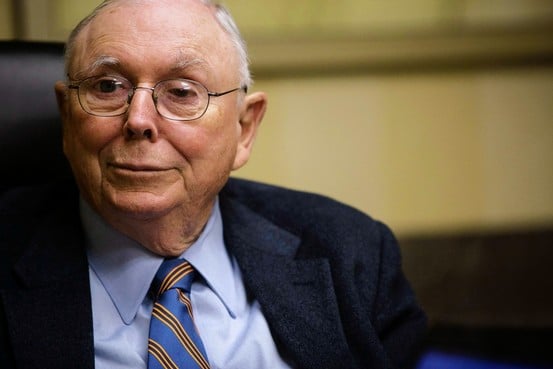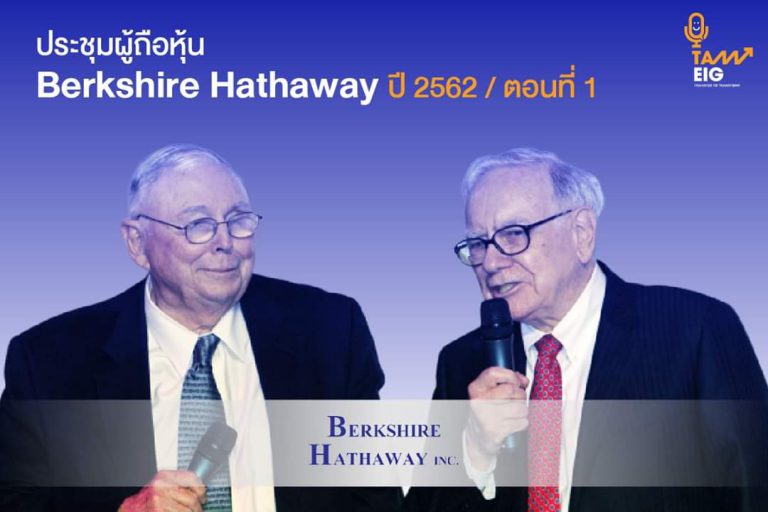Reviewing Munger’s The Psychology of Human Misjudgment
Charlie Munger is Warren Buffett’s right hand man at Berkshire Hathaway (BRK.A). This is part of a series in which we’ll be summarizing the text he authored titled “The Psychology Of Human Misjudgement”, where Munger describes some of man’s tendencies. By understanding and learning from these tendencies, we better equip ourselves to avoid psychological biases when investing.
Part I: Reward and Punishment Tendencies
In this chapter, Munger discusses the super powers of incentives. While he believes everyone understands how important incentives are, he also believes that everyone (including himself) constantly underestimates its powers. Munger takes the reader through examples at several companies (including Fedex, Xerox, GE, and Westinghouse) where aligned (misaligned) incentives powered (impeded) the firm’s effectiveness. According to Munger, the most important rule in management is “Get The Incentives Right!”
An important consequence of the power of incentives is human bias caused by the very same incentives. This causes even generous and caring individuals to be able to rationalize to themselves even the most immoral and callous of behaviors. Munger’s examples of this “cognitive drift” in action include a doctor murdering his patients, salesmen/brokers selling products their clients don’t need, and management consultant reports that conclude with the advice “This problem needs more management consultant services.”
Munger suggests some antidotes against falling prey to such bias: fear advice that, if implemented, is good for the advisor, learn the basic elements of your advisors trade, and doublecheck/disbelieve much of what you’re told.
As powerful as incentives are, it is a puzzle to Munger that the topic is not discussed in academic textbooks devoted to psychology. Economists have long studied its powers, as incentives form the basis of many economic theories. Economists have also long used the term “agency costs” to describe a firm’s costs due to the disconnect between manager and owner incentives. For example, a sales force paid only in commissions may be more efficient than a salaried sales force, but will also be more difficult to keep moral. As such, incentive systems make tradeoffs between costs and efficiency gains.
Part II: Like and Dislike
The 2nd and 3rd tendencies Munger discusses are human tendencies to like and dislike. Certain triggers cause man (and other animals) to like and dislike others. For example, a baby goose will love and follow the first creature that is nice to it, whether it’s its mother or a human being.
A consequence of these tendencies is that man will ignore faults of the object of their affection, favour people/products associated with that object, and distort facts to facilitate that love. Conversely, man will ignore virtues in the object of his dislike, dislike people/products associated with that object, and distort facts to facilitate hatred! Munger uses as an example the fact that mediations between Israelis and Palestinians are difficult because the facts on each side overlap very little.
Man also likes being liked, causing man to strive for the devotion and admiration of those around him. Munger also argues that an individual that loves admirable persons with a strong intensity has a great advantage in life. He says that both he and Warren Buffett are so inclined, and they both admired Warren’s uncle Fred in this manner.
Part III: Doubt Avoidance
Because it has helped our ancestors survive, humans have a tendency to quickly eliminate doubt by reaching some decision. As an example, Munger notes that the worst thing an animal can do in the face of a predatory species is to take time to deliberate.
This tendency is so strong in humans (and other animals), that man must often force himself to be objective when his natural tendency is not to do so. Judges and jurors are forced to delay decisions exactly for this reason. By taking time to consider all issues, rather than following his gut feelings or initial instincts, man can better work through circumstances in an objective manner.
Munger attributes the success of religion in society to this doubt-avoidance tendency. He argues that although individuals may believe their own faith comes from revelation, this does not explain the seemingly inconsistent faiths of others.
Munger believes this doubt-avoidance tendency is triggered by some combination of puzzlement and stress. An unthreatened man, on the other hand, has no need to rush to a decision and is therefore not forced to remove doubt.
บทสัมภาษณ์ฉบับเต็ม:



